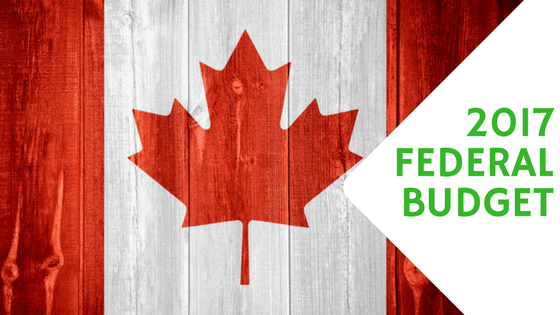In the 2017 Canadian Federal Budget, the Liberals have established a committee to investigate an issue regarding professional corporations that was raised in the 2016 Budget.
What is the issue?
In 2016, a discussion began about ways to pay for the Liberals big spending plans. One idea they started talking about is by reducing the competitiveness of small businesses (specifically those using professional corporations) by taking away the ability to income split with family members via dividends and capital gains.
The government feels that owners of Canadian Controlled Private Corporations (CCPC) may be gaining an unfair tax advantage by “sprinkling income” via dividends or capital gains. They believe that this is giving business owners an unfair advantage over the hard-working middle class Canadian.
They are also looking at ways to make holding companies for business owners on a more equal footing as well.
How does this affect Pharmacists?
Many Pharmacists have corporations with your spouse, children, and even parents on as shareholders. Currently, many of you are using these corporations to pay dividends to these family members to take advantage of their lower tax brackets. If substantial changes come as a result of this discussion, this tax planning strategy will no longer be permitted.
What does that mean for you? Pharmacists who are incorporated are facing the very real possibility of a substantial increase in their tax burden.
Example of the Increase in Tax Burden
For illustration purposes, let’s say your Pharmacy earns $100,000 in net profits and assume you have a spouse who earns no income. Total tax paid = Corporate Tax + Personal Tax.
Scenario 1: Income Splitting via Corporation
-
- At the small business corporate tax rate of 15%, the corporation pays $15,000 in tax, leaving $85,000 available to take as a dividend
-
- You pay dividends to you and your spouse of $42,500 each, resulting in personal tax bills of approximately $2,600 each
-
- After-tax cash flow: $85,000 – $2,600 – $2,600 = $79,800 in your pocket
-
- Total tax paid: $15,000 + $2,600 + $2,600 = $20,200
Scenario 2: Rules have changed, only Pharmacist can take out dividend
-
- The corporation still pays $15,000 in corporate tax
-
- But now, only you as the Pharmacist can pay yourself a dividend of $85,000, resulting in personal tax bill of approximately $11,000
-
- After-tax cash flow: $85,000 – $11,000 = $74,000 in your pocket ($5,800 less compared to scenario #1)
-
- Total tax paid: $15,000 + $11,000 = $26,000
Scenario 3: Rules have changed but Pharmacist takes out salary instead of dividend
-
- Corporation pays no tax because $100,000 salary is a deductible expense to the corporation, bringing net profits to $0
-
- Corporation pays employer+employee portion of CPP, approximately $5,000 in total
-
- Pharmacist reports $100,000 on T4, resulting in personal tax of approximately $25,000
-
- After-tax cash flow: $100,000 – $5,000 – $25,000 = $70,000 ($4,000 less than Scenario #2 due to CPP, which you will get back at retirement)
- Total tax paid: $5,000 + $25,000 = $30,000
Summary
While nothing has been passed in 2017, the government is reviewing this situation and releasing a paper which suggests there could be some significant changes coming.
Ultimately, the government ideally wants you to pay tax as close to scenario 3 as possible to bring your overall tax burden in line with most working-class Canadians who only receive a T4 income.
Is your accountant keeping you up-to-date on current and future tax planning matters?

Ricardo Ardiles
CIM | Partner
Ricardo is a founding partner of Pharma Tax and focuses on providing tax planning strategies to health care professionals. His goal is to provide simplicity and convenience to clients by coordinating all areas of personal wealth management so that his clients don’t have to. This means working with external professionals on: investments, insurance, business planning, retirement planning, and estate planning.
- 2021 Budget Breakdown for Pharmacy Owners - April 29, 2021
- How This Pharmacy Owner Is Now Saving $22,209 In Taxes & Interest This Year - April 9, 2021
- Does Your Pharmacy Qualify For the Canada Rent Subsidy? - November 22, 2020


